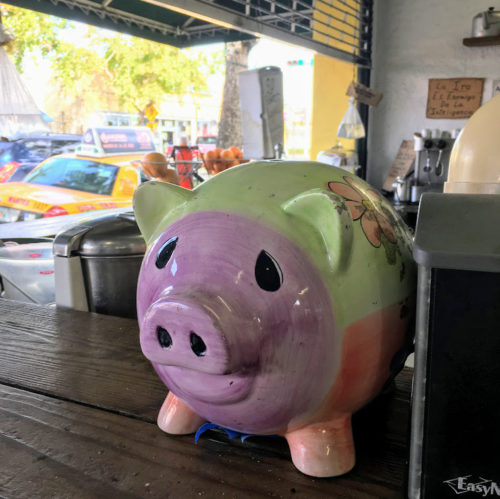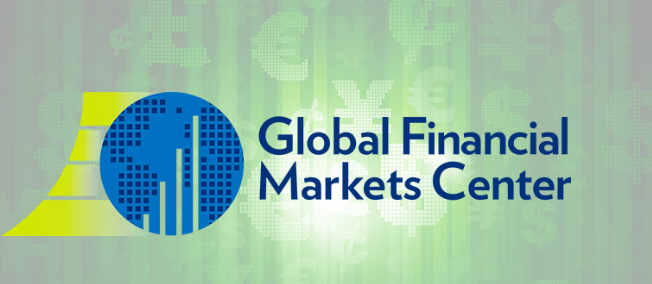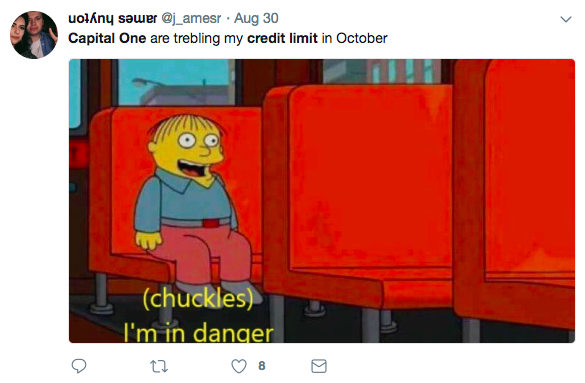Since 1882, the United States has denied immigration visas to those who were deemed “unable to take care of himself or herself without becoming a public charge.” This principle has applied also to the renewal of visas of those already legally living and working in the United States, and in some cases, resulting in the deportation of people whose visas were otherwise still valid. For the past twenty years, while nearly all undocumented immigrants and many legally-documented immigrants have been ineligible for a range of public benefits, the only people labeled as “public charges” were those who got more than half of their income from cash-based public benefits. Trump’s Department…
-
-
Are credit card rewards even good for consumers?
Earlier this week, the Wall Street Journal reported that merchants like Home Depot, Target, and Amazon are becoming increasingly frustrated with the high fees they pay to accept rewards credit cards, and are seeking relief from the courts or through negotiations with Visa and Mastercard. Particularly, merchants are looking for the networks Visa and Mastercard to end their ‘honor all cards’ rules, which say that if you accept any Visa credit card you need to accept all Visa credit cards, and ditto with Mastercard. Today, if you spend $100 at a large grocery store, Visa would charge the store a $2.20 processing fee if you used a top-tier rewards credit…
-
What’s happening with consumer financial protection around the world
In the United States, there hasn’t been much positive policy action on consumer financial protection recently, at least not at the federal level. But regulators and policy-makers in the United Kingdom, Australia and Singapore have been trying a range of solutions, some incremental and some radical, to make life better for borrowers in their countries. You can read more in my post for the Duke Global Financial Markets Center’s FinReg blog.
-
D.C. neighborhoods that voted ‘Yes’ to raise the tipped minimum wage have nearly twice as many restaurant and hospitality workers
D.C. City Council held a hearing yesterday to consider overturning Initiative 77, which would gradually raise the tipped minimum wage for D.C. workers from $3.33 to $12.50, rising to $15 along with the base minimum wage in 2020. Opponents of the Initiative claim to have the backing of not only the District’s restaurant owner and operators, but the city’s restaurant servers and bartenders as well. At yesterday’s hearing, Jill Tyler, Co-Owner of Michelin-starred restaurant Tail Up Goat in Adams Morgan said “by and large, the current system works,” resulting in workers “who can afford to buy a home, who can afford to raise a family,” noting that 40 of her…
-
“I’m not falling for your tricks” and other mixed reactions to credit limit increases
All it takes is a quick search on Twitter to see that credit limit increases drive incredibly strong and oftentimes mixed emotional reactions for Americans. To clarify, when I say ‘credit limit increase’ here, I’m talking about when a credit card issuer raises the limit of how much a customer is able to spend or borrow. In theory, having access to more credit — that you’re under no obligation to use — seems like it would be a strictly good thing. It’s there if you need it, and if you don’t use your higher credit limit, your credit score will typically go up (this article explains why). But clearly, many…
-
From Occupy to a Credit Card Company, and now what?
I think there were about a dozen of us who slept outside with Occupy Duke in October and November of 2011. It was unseasonably cold and wet, and while Duke students in theory love to sleep in tents , protesting inequality and imagining new economic orders wasn’t high on the student body’s priority list. It was clear to me then, as it is clear to me now, that banking has done so much to build prosperity for some nations and some people, and has either done nothing or backfired for other nations and other people. So why, two years after Occupy did I go work for a credit card company, and…




